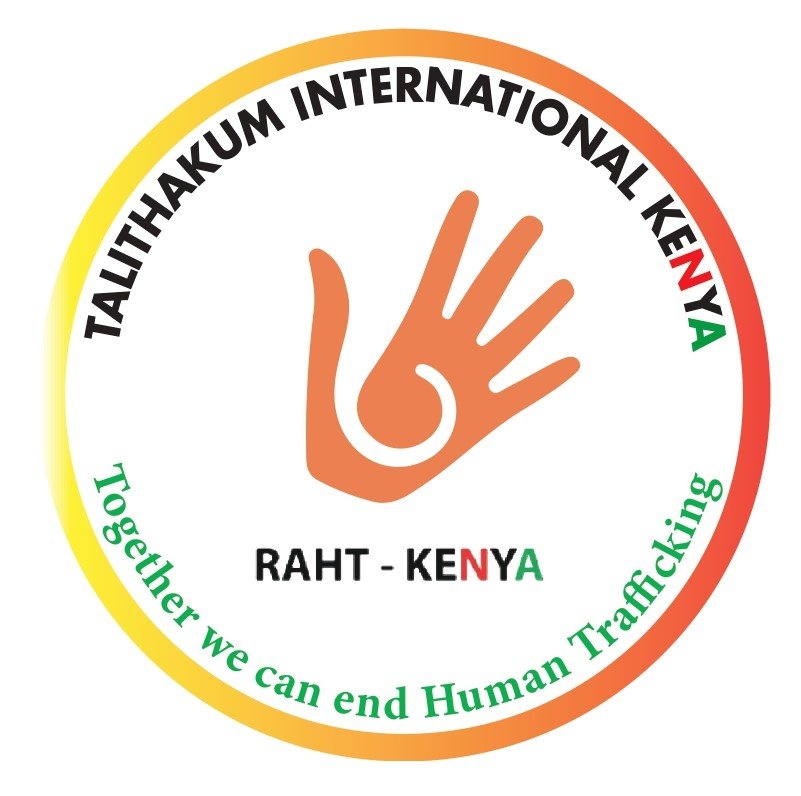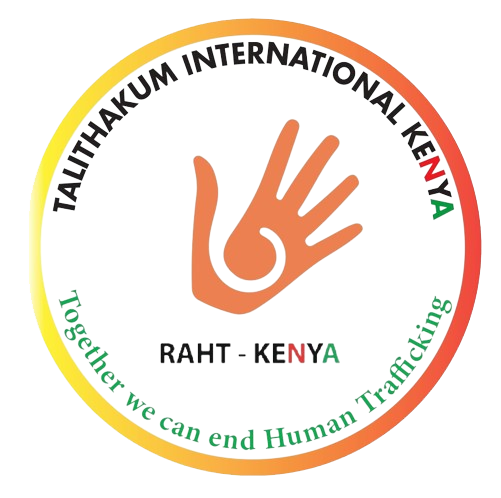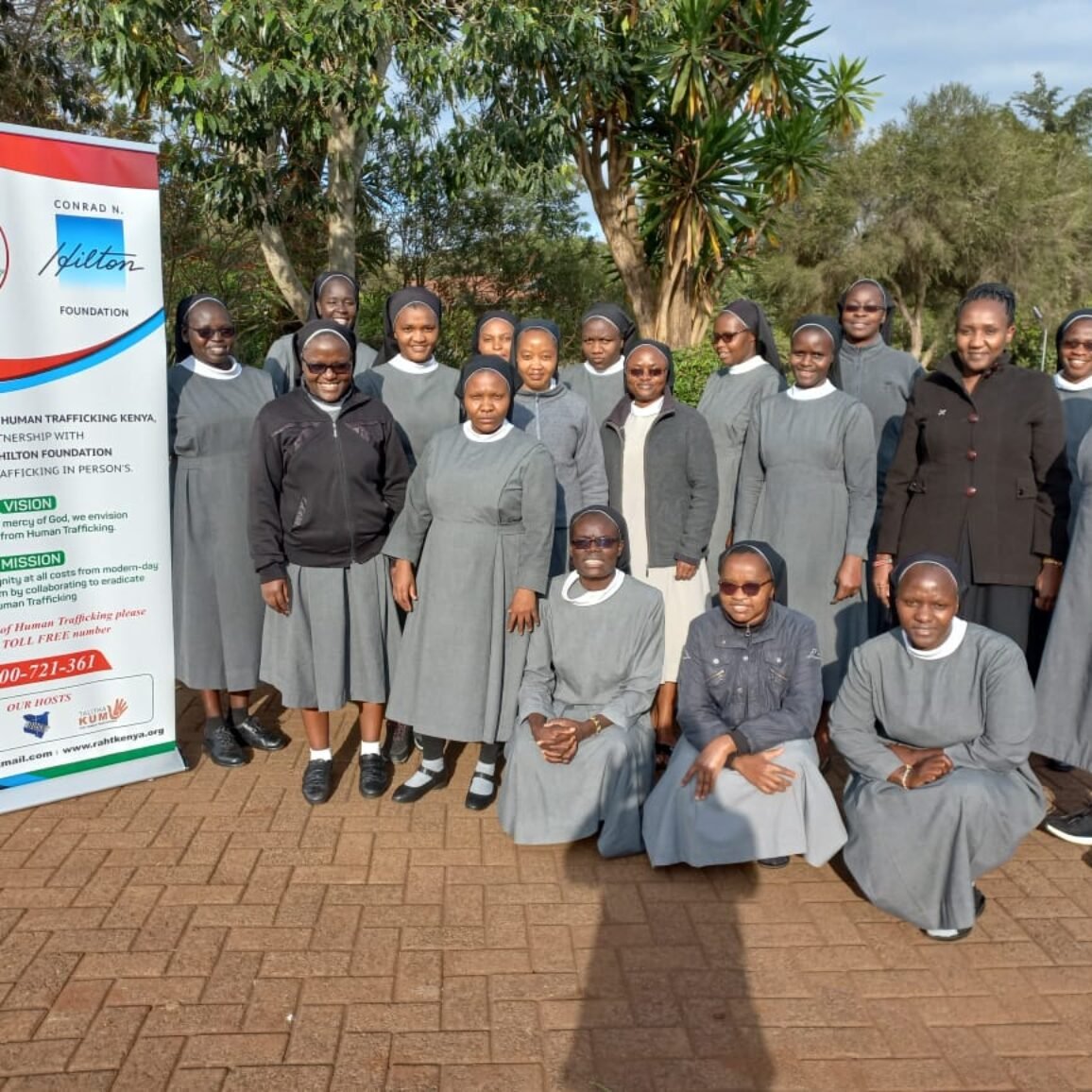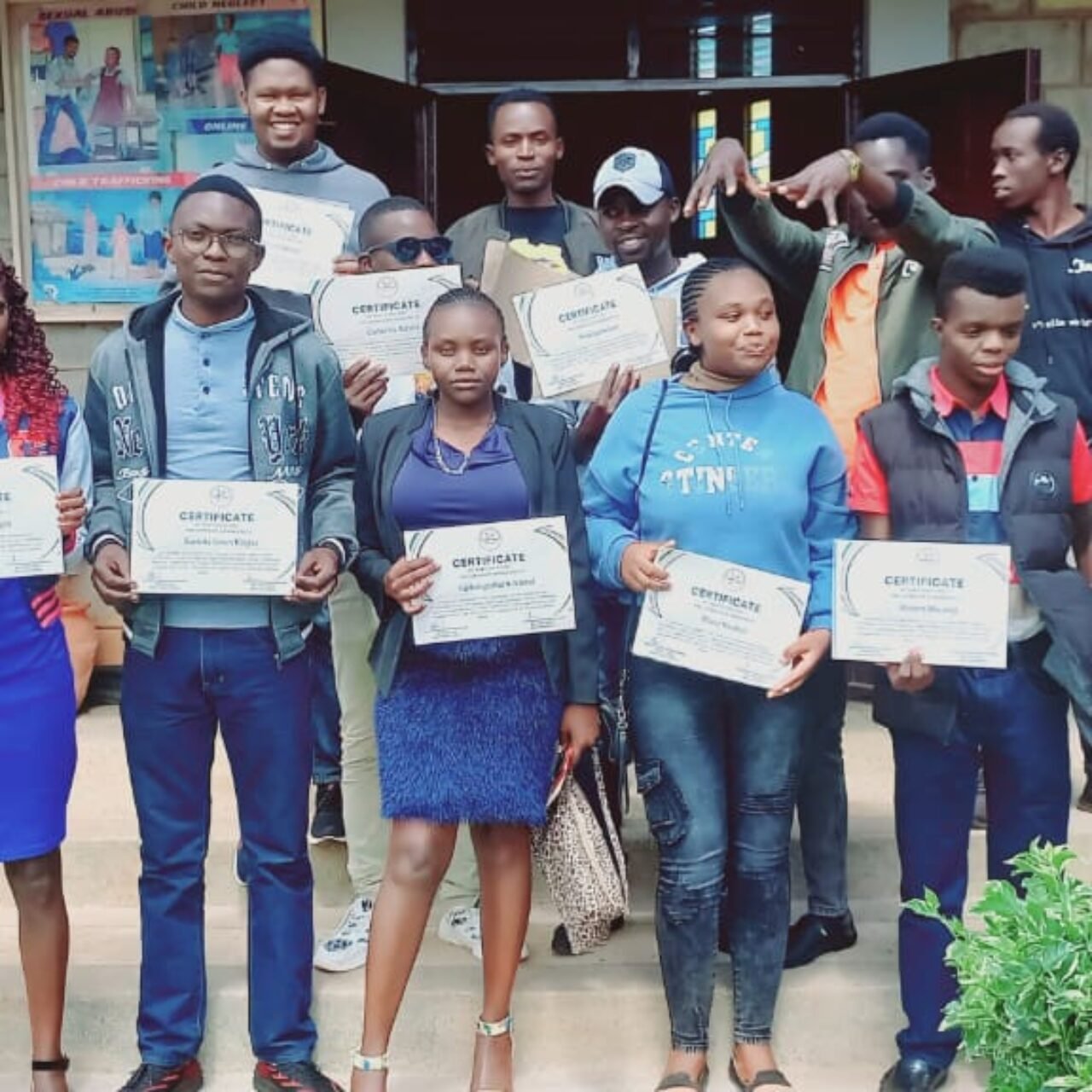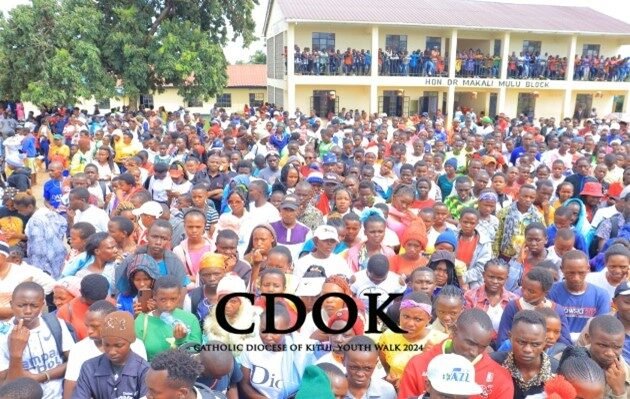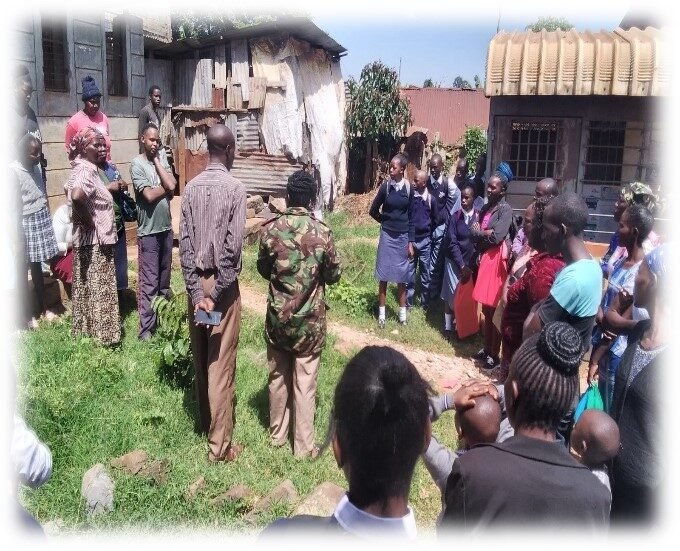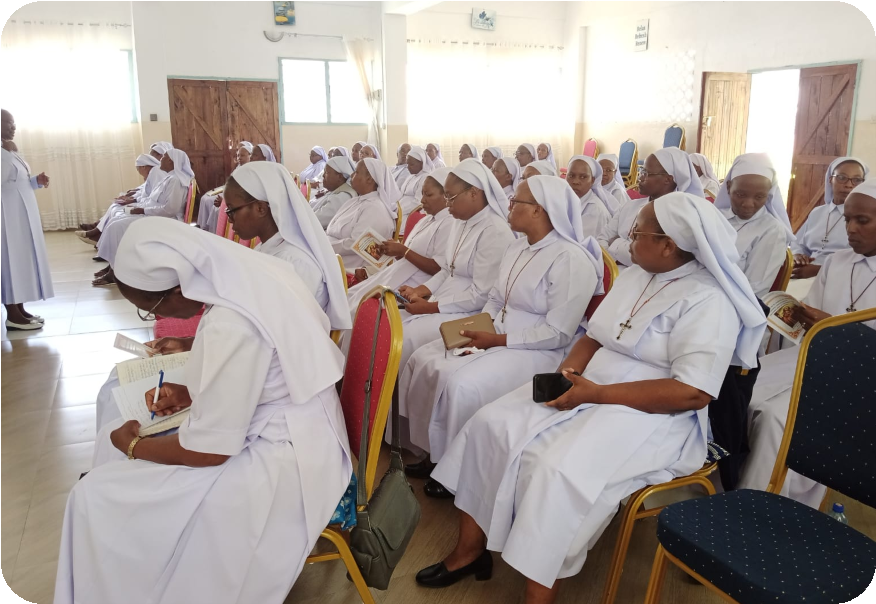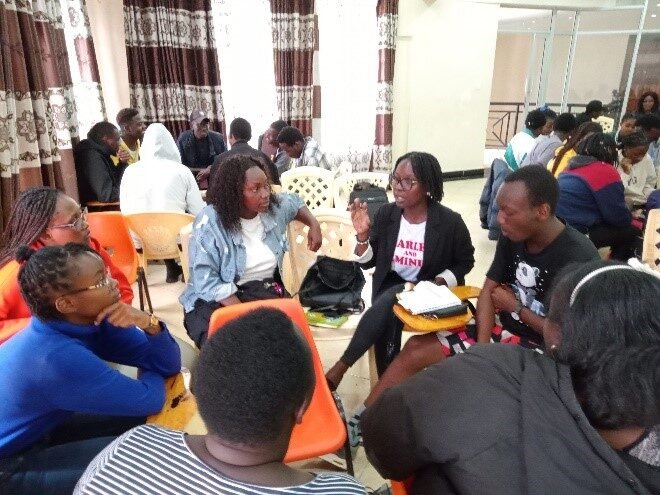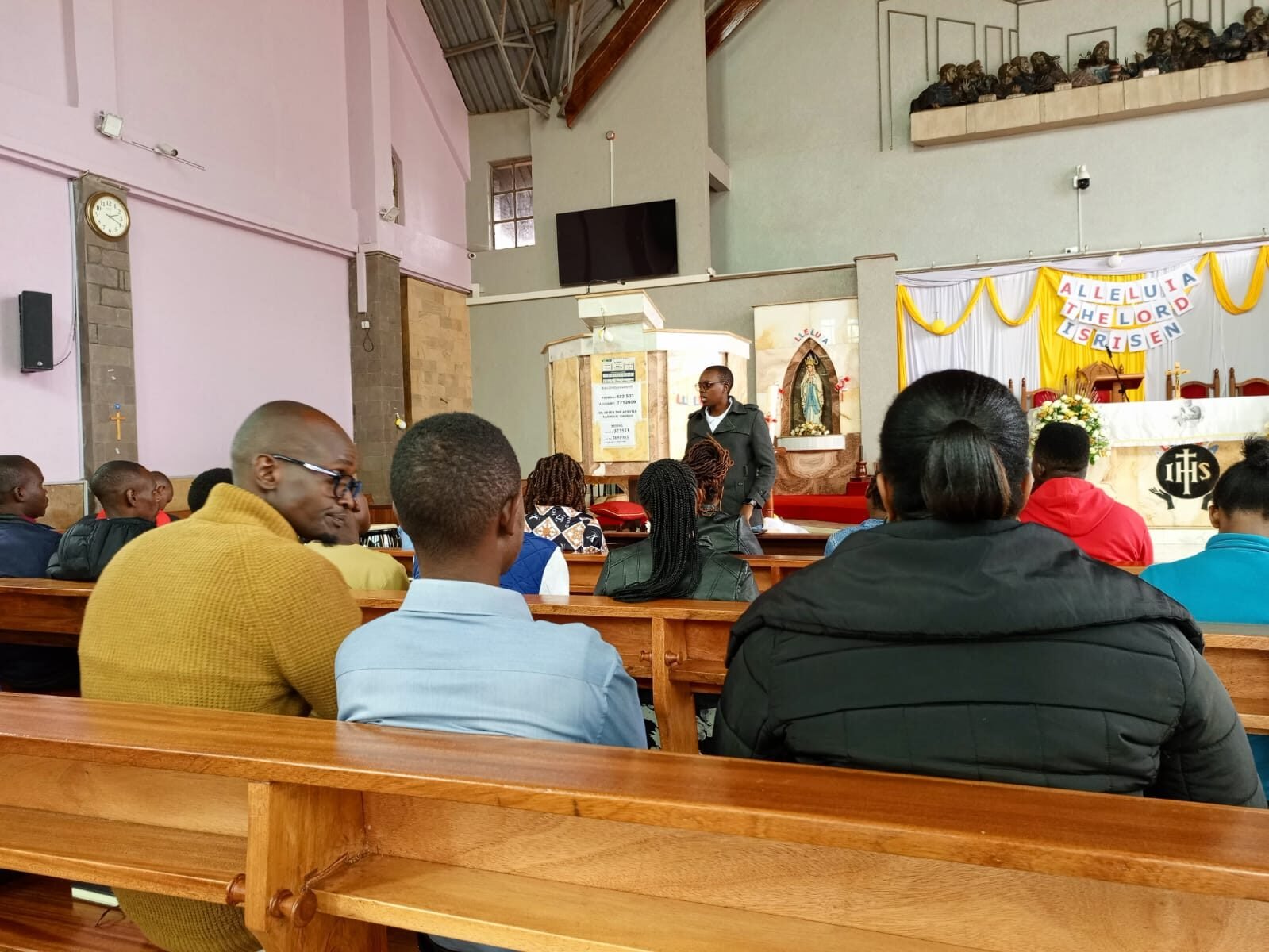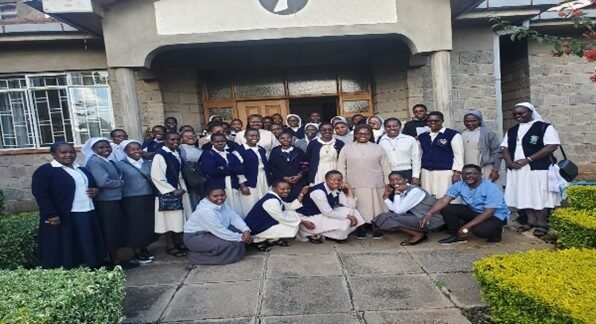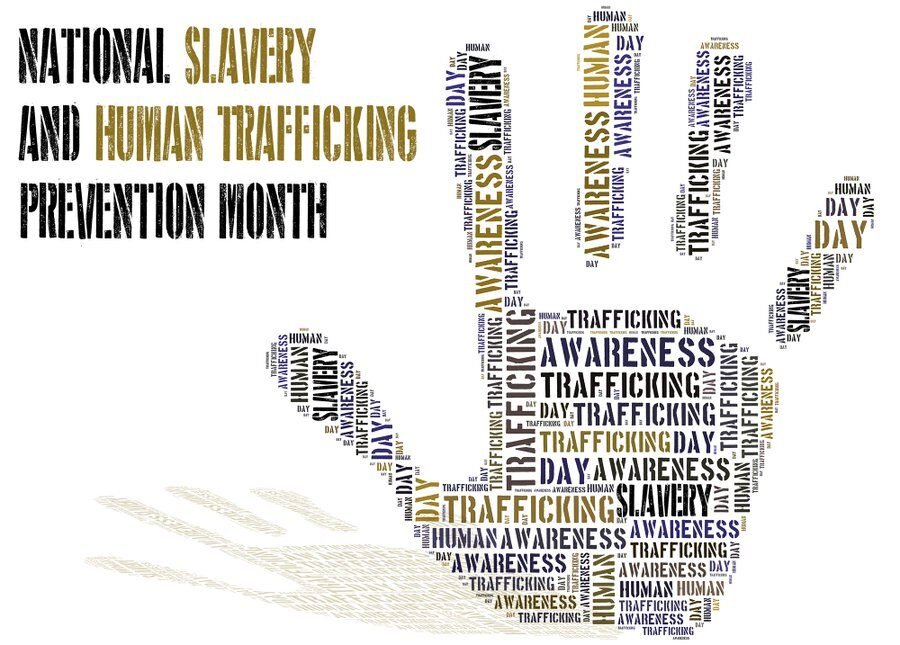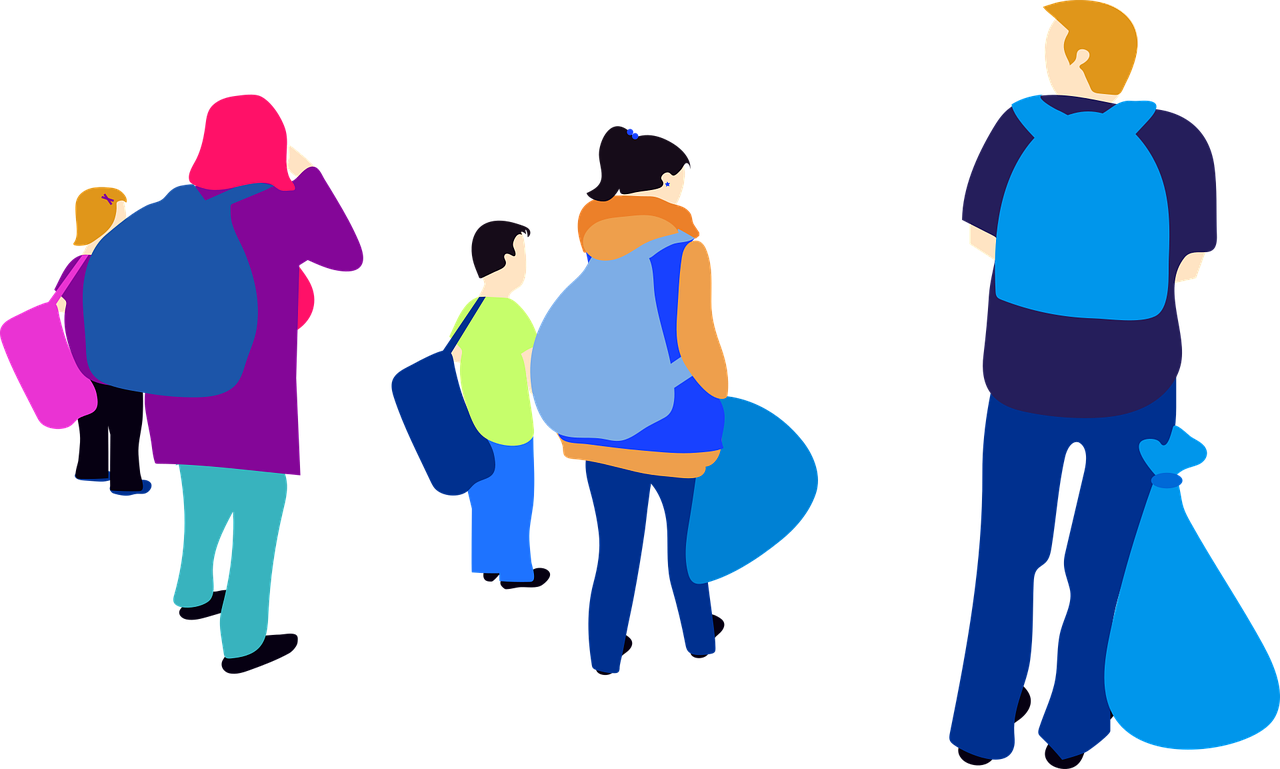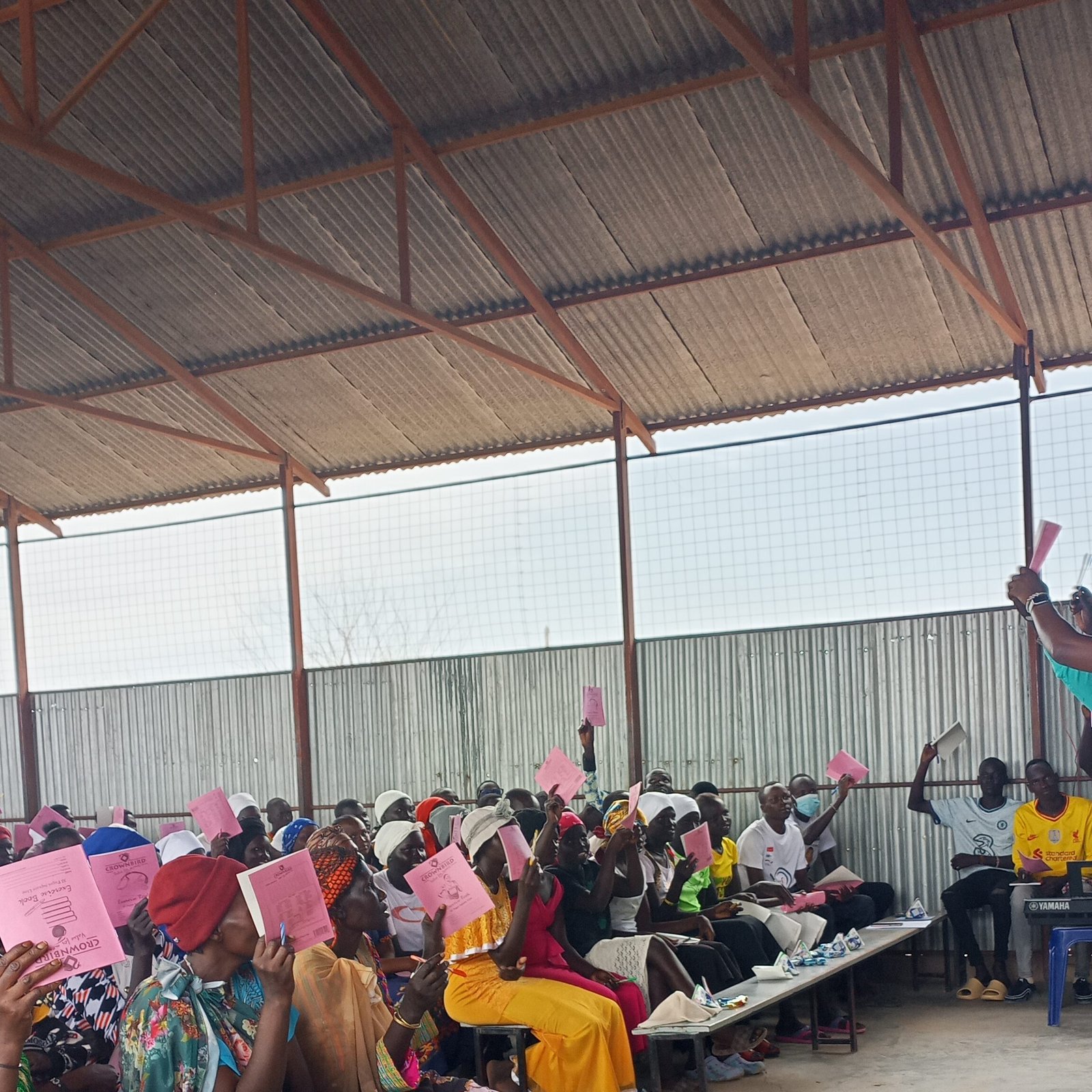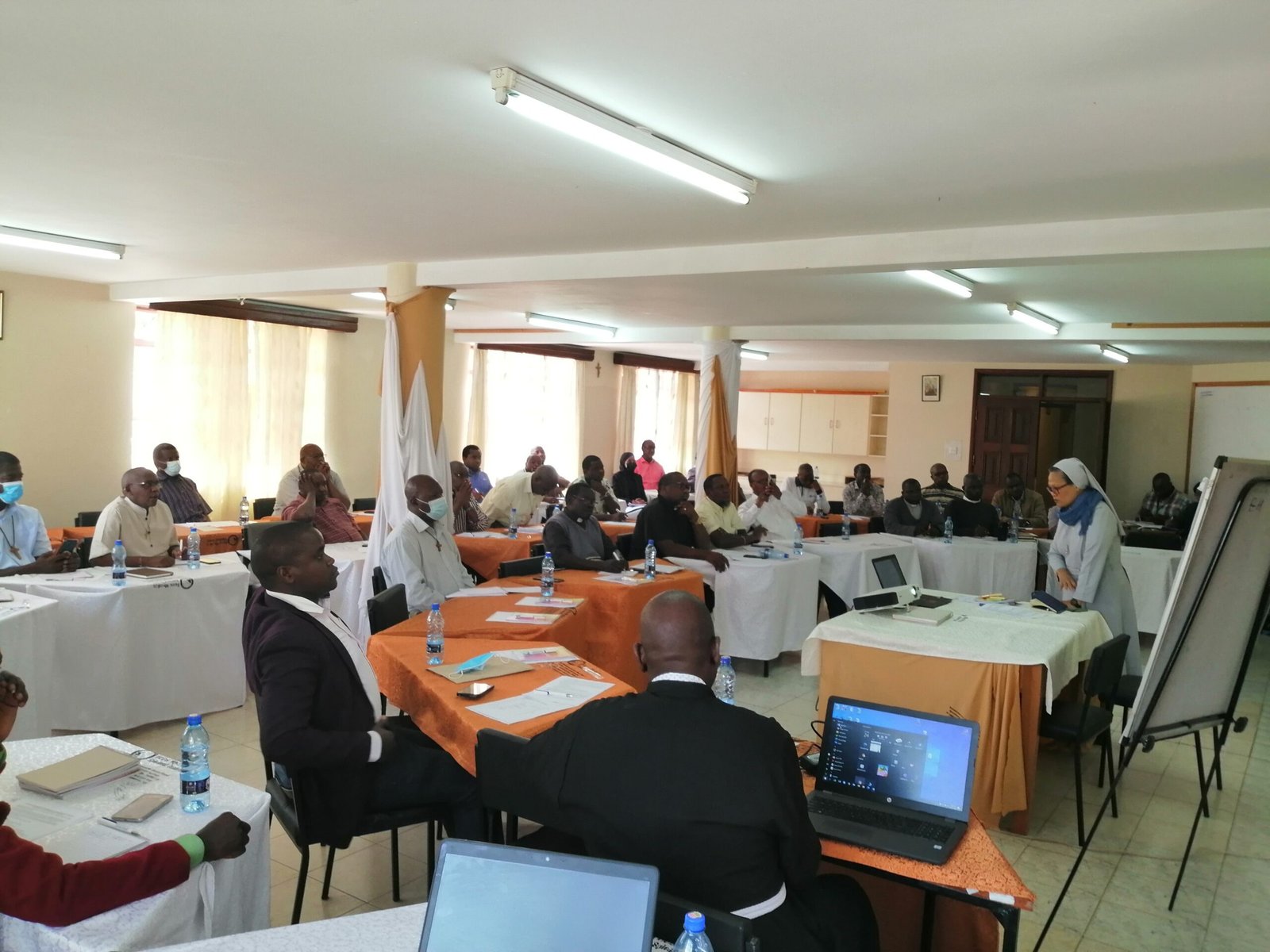Talitha Kum International Kenya: A Beacon of Hope for Every Migrant
If slavery is not wrong, nothing is wrong
Abraham Lincoln, former U.S. President
Across the East African landscape, Kenya stands as a beacon of opportunity, drawing in dreams from neighboring Burundi, Rwanda, and Uganda. Some arrive with hope in their eyes, seeking a better life, a stable job, a chance to build a future. Others see Kenya as a stepping stone, a transit route to lands further afield. But for a hidden number, this journey takes a tragic turn, leading not to prosperity but to the clutches of human trafficking.
These individuals, often escaping poverty, conflict, or persecution, find themselves vulnerable, their desperation a magnet for traffickers. Exploitative promises of work, education, or safe passage morph into nightmares of forced labor, sexual exploitation, or servitude. They are trapped in a web of deceit, their dreams stolen, their freedom gone.
But the fight against human trafficking isn’t a battle fought alone. It demands a united front, a chorus of voices rising above the whispers of exploitation. Here’s why:
1. Shared Humanity: We are all connected, bound by the common thread of human dignity. Regardless of nationality or background, no one deserves the horror of trafficking. Protecting vulnerable migrants is not just about helping others; it’s about upholding the fundamental rights that bind us all.
2. Collective Action, Stronger Impact: Traffickers operate in the shadows, exploiting weaknesses in systems and societies. By working together, governments, NGOs, communities, and individuals can build a stronger defense, closing loopholes, sharing information, and raising awareness.
3. Local Knowledge, Global Reach: Communities hold invaluable knowledge about their neighbors, their vulnerabilities, and the potential warning signs of trafficking. Empowering local communities through training and support strengthens the frontline of protection, ensuring no one falls through the cracks.
4. Prevention, Not Just Rescue: While rescuing victims is crucial, prevention is the ultimate goal. By addressing root causes like poverty, lack of education, and limited opportunities, we can create a future where individuals don’t have to take desperate risks that leave them vulnerable to exploitation.
5. Building Trust, Inspiring Hope: By showing solidarity with vulnerable migrants, offering support and resources, and advocating for their rights, we can rebuild trust and hope. This empowers individuals to speak out against injustice and become agents of change in their own communities.
At Talitha Kum International Kenya, we stand ready to offer a vital lifeline to every migrant affected by human trafficking, whether they have already endured its horrors or teeter on the brink. We provide comprehensive support, tailored to individual needs, including:
- Repatriation: If desired and deemed safe, we facilitate safe and dignified return to their home countries, reconnecting them with families and communities.
- Economic Empowerment: We equip survivors with skills and resources to rebuild their lives and secure sustainable livelihoods, reducing their vulnerability to future exploitation.
- Psychosocial Support: We offer trauma-informed counseling and therapy, helping survivors heal from the emotional and psychological scars of trafficking.
Remember, you are not alone. If you are a migrant facing human trafficking, or suspect someone might be at risk, reach out to Talitha Kum International Kenya free of charge by Dialing 0800721361. We are here to listen, support, and guide you towards a brighter future.
Get Involved:
- Support Talitha Kum International Kenya to combat human trafficking in Kenya by donating towards any of our course.
- Educate yourself and others about the signs and dangers of trafficking.
- Advocate for policies that protect vulnerable migrants and address the root causes of trafficking.
- Report suspected trafficking to the authorities.
Together, let’s make Kenya a place where every migrant, every dreamer, can cross borders without fear, finding not exploitation, but a path towards a brighter future with organizations like Talitha Kum International Kenya by their side.
By Supporting and donating to Talitha Kum International Kenya’s activities and commitment to every migrant, we can further empower and inform those in need about the comprehensive support available for them.
